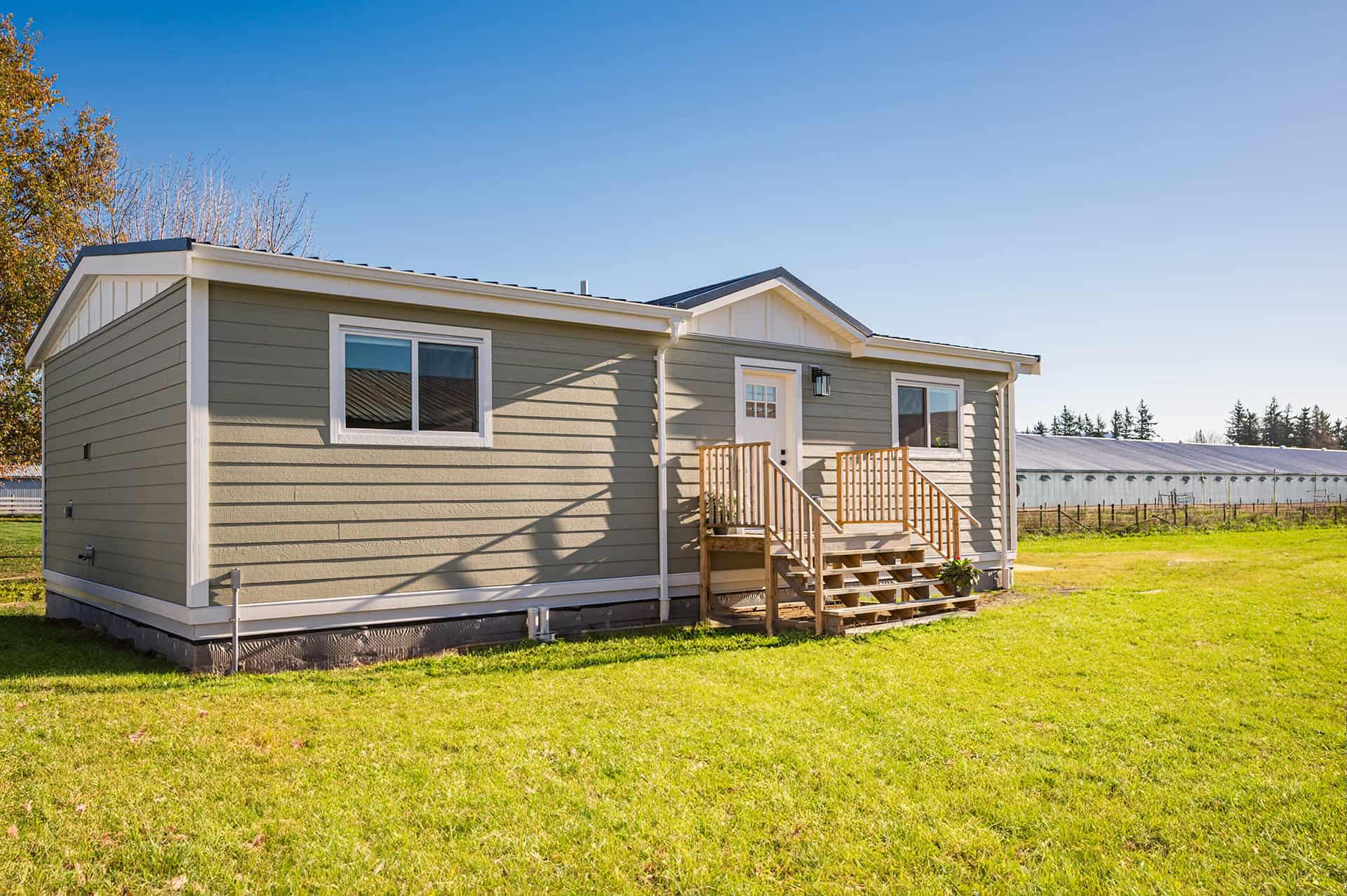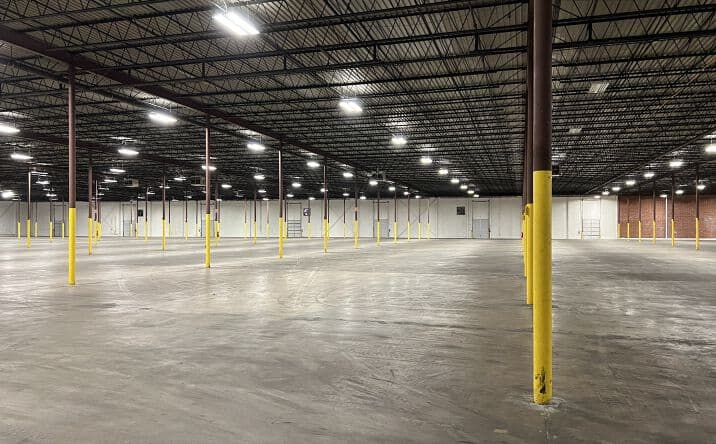The real estate landscape is evolving rapidly, and one of the most significant shifts is the rise of modular homes. Modular homes, also known as prefabricated homes, are gaining popularity due to their cost efficiency, sustainability, and speed of construction. Unlike traditional site-built homes, modular homes are constructed in factory settings under controlled conditions and then assembled on-site.
However, despite their growing appeal, modular homes remain largely underserved by traditional Multiple Listing Service (MLS) systems. Traditional MLS platforms are primarily designed to cater to standard residential properties and do not fully accommodate the unique features, data points, and marketing needs of modular homes.
For modular home developers, this presents both a challenge and an opportunity. How can MLS systems evolve to better serve this emerging market segment? How can modular home developers leverage MLS platforms to increase visibility, attract buyers, and educate the market? This comprehensive article explores these questions, delving into the challenges, potential strategies, and future outlook for MLS in the modular home sector.
Understanding Modular Homes: Key Characteristics and Market Potential
Before exploring how MLS can adapt to modular homes, it is essential to understand what modular homes are and why they are gaining traction.
What Are Modular Homes?

Modular homes are factory-built residential units constructed in sections, or modules, under controlled factory conditions. These modules are then transported to the building site and assembled to form a complete home. Unlike mobile homes or manufactured homes, modular homes must comply with local building codes and are considered permanent structures.
Why Modular Homes Are Gaining Popularity:
- Cost Efficiency: Modular homes can be up to 20% cheaper than traditional homes, primarily due to economies of scale and reduced labor costs. The factory-controlled setting also minimizes material waste.
- Speed of Construction: Factory construction reduces the time needed to complete a home. While a traditional home can take six to twelve months to complete, a modular home can be constructed and assembled in as little as three to four months.
- Sustainability: Modular construction minimizes waste and energy consumption. Additionally, many modular home manufacturers use sustainable materials and energy-efficient designs.
- Design Flexibility: Modern modular homes are no longer the boxy, cookie-cutter designs of the past. Today’s modular homes offer a wide range of customizable designs, from sleek, contemporary structures to luxury multi-story residences.
- Quality Control: The factory environment ensures strict quality control, with each module undergoing thorough inspections before being transported to the site.
Despite these advantages, the traditional MLS system is not fully equipped to accommodate the specific needs of modular home listings.
Challenges for Modular Homes in Traditional MLS Systems
The existing MLS infrastructure is built around traditional site-built homes and does not adequately account for the nuances of modular construction. This creates several challenges for modular home developers:
- Lack of Specific Listing Categories: Most MLS platforms do not have dedicated categories for modular homes. This forces modular homes to be listed under broader categories like single-family or manufactured homes, which can misrepresent the product and hinder accurate property searches.
- Data Standardization Issues: Modular homes have distinct data points, such as factory location, transport details, and construction specifications. Traditional MLS systems typically lack these data fields, preventing agents from effectively showcasing the unique attributes of modular properties.
- Stigmatization and Misconceptions: Modular homes are often inaccurately associated with mobile or manufactured homes, leading to misconceptions about quality and value. MLS systems that fail to differentiate modular homes from other prefabricated structures contribute to this stigma.
- Financing and Appraisal Challenges: Financing for modular homes can be complex, with lenders applying different criteria than for traditional homes. Additionally, MLS systems do not always provide sufficient data to support accurate appraisals, impacting loan approvals.
- Fragmented Data Sources: Modular home listings often appear on specialized platforms, builder websites, or real estate portals, leading to data fragmentation. This dilutes market visibility and hinders comprehensive market analysis.
How MLS Systems Can Adapt for Modular Home Developers
To effectively support the modular home sector, MLS systems need to implement targeted strategies and technological upgrades. Here’s how:
1. Create Dedicated Modular Home Categories
The first step is to establish distinct listing categories for modular homes. Instead of lumping modular homes under generic residential categories, MLS systems can introduce specific sections, such as:
- Modular Single-Family Homes
- Modular Multi-Family Homes
- Modular Luxury Homes
- Eco-Friendly Modular Homes
- Smart Modular Homes
These categories provide clarity and enable prospective buyers to search specifically for modular properties, increasing visibility and market reach.
2. Develop Modular-Specific Data Fields
Standard MLS listing fields are inadequate for modular homes, as they do not account for modular-specific attributes. To address this gap, MLS systems can introduce specialized data fields, such as:
- Factory Location and Manufacturer: Identifying the origin of the modules.
- Construction and Assembly Dates: Dates when the modules were built and assembled on-site.
- Energy Efficiency Ratings: Including certifications like LEED, Energy Star, or Net Zero.
- Transport and Assembly Details: Information on logistics, transport costs, and assembly processes.
- Warranty and Certifications: Highlighting factory warranties and building code compliance.
- Customization Options: Listing potential design modifications or upgrade options.
3. Integrate Financing and Insurance Solutions
Modular homes often require specialized financing and insurance. MLS systems can partner with lenders and insurers to streamline these processes:
- Modular Home Mortgage Programs: Connect buyers with lenders experienced in modular home financing, including construction loans and permanent mortgages.
- Insurance Providers: Provide links to insurers specializing in modular homes, covering transport, assembly, and structural risks.
- Cost Analysis Tools: Include cost calculators that account for construction costs, transport fees, and assembly expenses.
4. Embrace Technology and Data Integration
Modern MLS systems can leverage technology to improve the modular home listing process:
- 3D Visualizations and Virtual Tours: Allow potential buyers to explore modular home designs virtually.
- Automated Valuation Models (AVMs): Develop AVMs tailored to modular homes, considering unique cost structures and materials.
- Blockchain Integration: Use blockchain to verify construction details, factory certifications, and warranty information, ensuring data accuracy and security.
5. Modular Home Marketing and Education
Marketing modular homes effectively requires educating both agents and buyers. MLS systems can:
- Host Webinars: Offer webinars on the benefits, construction process, and financing of modular homes.
- Create Educational Resources: Develop content that dispels common misconceptions about modular homes and highlights their quality and value.
- Market Trends and Analytics: Provide developers with data insights on modular home demand, pricing trends, and emerging markets.
6. Collaborate with Modular Home Builders and Manufacturers
MLS systems can forge strategic partnerships with modular home builders to expand their database of listings. This collaboration can include:
- Data Syndication: Sharing data to ensure comprehensive and accurate listings.
- Marketing Partnerships: Joint marketing campaigns promoting modular homes as viable, high-quality housing solutions.
- Referral Programs: Incentivizing builders to list new modular developments on the MLS platform.
Conclusion: The Future of MLS and Modular Homes
As the real estate industry continues to evolve, MLS systems must adapt to accommodate the growing modular home market. By creating dedicated listing categories, integrating modular-specific data fields, and forging partnerships with builders and lenders, MLS systems can effectively serve modular home developers and ensure accurate representation in property listings.
Moreover, leveraging technology to provide 3D visualizations, automated valuation models, and blockchain verification can further enhance the visibility and credibility of modular homes. As modular construction continues to gain traction, MLS systems that embrace these changes will position themselves as leaders in a rapidly transforming real estate landscape.













